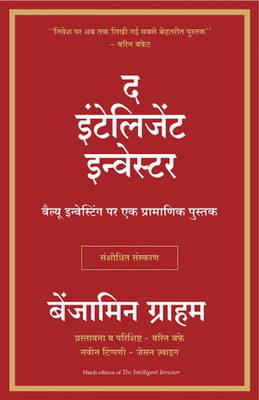
Marxist Historians: Indian Marxist Historians, Leon Trotsky, E. P. Thompson, Vere Gordon Childe, Eric Hobsbawm, Isaac Deutscher, E. H. Car (English, Paperback, LLC Books, LLC Books, Source Wikipedia)
Price: Not Available
Currently Unavailable
Highlights
- Language: English
- Binding: Paperback
- Publisher: Booksllc.Net
- ISBN: 9781157558453, 1157558453
- Edition: 2010
- Pages: 172
Description
Please note that the content of this book primarily consists of articles available from Wikipedia or other free sources online. Pages: 133. Chapters: E. H. Carr, Vladimir Tism neanu, Leon Trotsky, Karl Marx, Henric Sanielevici, V. Gordon Childe, Zigu Ornea, Ram Sharan Sharma, Eric Hobsbawm, Lucre iu P tr canu, Mihail Roller, Michael Parenti, Timothy Mason, C. L. R. James. Excerpt: Edward Hallett Ted Carr CBE (28 June 1892 - 3 November 1982) was a realist and later Marxist British historian, journalist and international relations theorist, and an opponent of empiricism within historiography. Carr was best known for his 14-volume history of the Soviet Union, in which he provided an account of Soviet history from 1917 to 1929, for his writings on international relations, and for his book What Is History?, in which he laid out historiographical principles rejecting traditional historical methods and practices. Educated at the Merchant Taylors' School, London, and at Trinity College, Cambridge, Carr began his career as a diplomat in 1916. Becoming increasingly preoccupied with the study of international relations and of the Soviet Union, he resigned from the Foreign Office in 1936 to begin an academic career. From 1941 to 1946, Carr worked as an assistant editor at The Times, where he was noted for his leaders (editorials) urging a socialist system and an Anglo-Soviet alliance as the basis of a post-war order. Afterwards, Carr worked on a massive 14-volume work on Soviet history entitled A History of Soviet Russia, a project that he was still engaged on at the time of his death in 1982. In 1961, he delivered the G. M. Trevelyan lectures at the University of Cambridge that became the basis of his book, What is History? Moving increasingly towards the left throughout his career, Carr saw his role as the theorist who would work out the basis of a new international order. Carr was born in London to a middle-class family, and was educated at the Merchant Taylors' School in London, and Trinity College, Cambridge, where he was awarded a First Class Degree in Classics in 1916. Carr's family had originated in northern England, and the first mention of his ancestors was a George Carr who served as the Sheriff of Newcastle in 1450. Carr's parents were Francis Parker and Jesse (nee Hallet) Carr. They were initially Conservatives, but went over to supporting
Read More
Specifications
Book Details
| Publication Year |
|
| Table of Contents |
|
Contributors
| Author |
|
Dimensions
| Width |
|
| Height |
|
| Weight |
|
Be the first to ask about this product
Safe and Secure Payments.Easy returns.100% Authentic products.
Back to top






